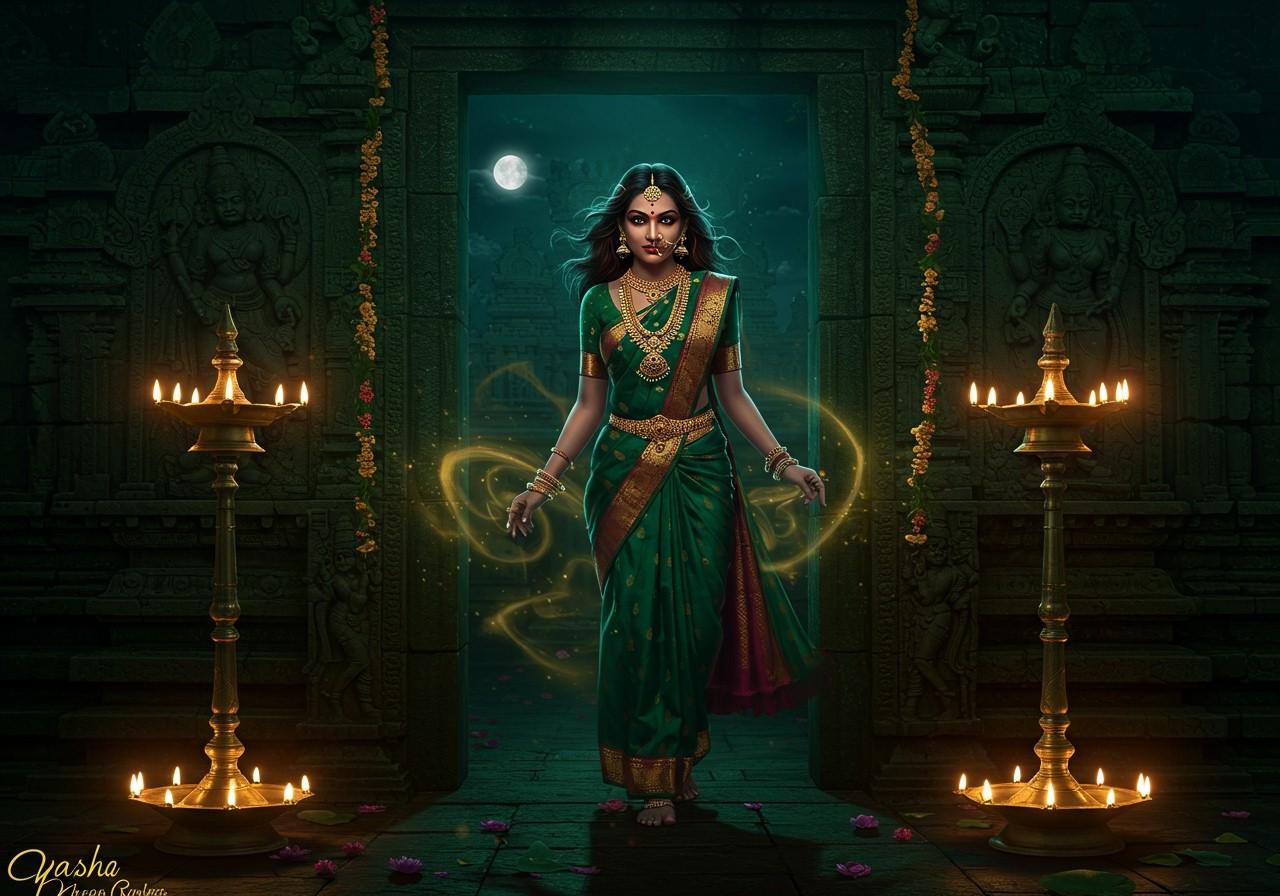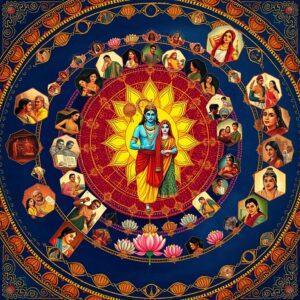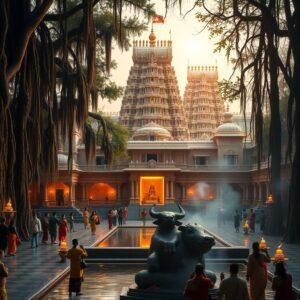
The captivating figure of the Yakshi, particularly the Vada Yakshi, holds a special place in Indian folklore, especially in Kerala. Its allure has fascinated people for generations, weaving its presence into traditional beliefs and cultural narratives. For those who value tradition and authenticity, exploring the Yakshi offers a rich cultural experience.
Delving into the Mystical Yakshi
The Yakshi is a mythical being deeply rooted in Indian folklore, with interpretations varying across different regions. In Kerala, she is often portrayed as a seductive spirit intertwined with the supernatural, embodying sovereignty, sexuality, and fertility. Interestingly, Yakshi figures are also associated with Buddhist sites and legends, adding another layer to their complex cultural significance.
Unraveling the Myth and Mystery
More than just a character, the Yakshi represents a complex tapestry of mystery woven into the fabric of Kerala’s folklore. Let’s explore the different facets of this enigmatic figure:
Meaning of Yakshi
The term “Yakshi” originates from ancient languages like Sanskrit, carrying profound meanings. It symbolizes feminine power and mystery, often reflecting societal attitudes towards women and nature. The Yakshi’s dual nature—sometimes benevolent, sometimes malevolent—captures the intricacies of the human experience.
Depictions of the Yakshi
In art and sculpture, the Yakshi’s image is captivating, often depicted with serpents, trees, and water bodies, symbolizing her connection to nature. Temples frequently incorporate Yakshi imagery into their architecture and rituals. Her portrayal has evolved over time, reflecting changes in artistic styles and cultural narratives.
Myths and Legends
Kerala’s literature and art are replete with Yakshi myths, exploring themes of love, betrayal, and redemption. In Vaikom Muhammad Basheer’s novel, “Me Grandad ‘Ad an Elephant!”, the Yakshi is portrayed with a humane aspect, emphasizing her spirited nature and tragic fate. Collections like Aithihyamala and Vadakkan Pattukal (Northern Ballads) preserve these legends, showcasing their enduring presence in Kerala’s cultural narrative.
Cultural Relevance Today
Even today, the Yakshi holds a significant place in modern Indian society, resonating as a symbol of resistance and empowerment, particularly within feminist discourses. In tourism and online marketplaces, the Yakshi captivates those seeking authentic cultural experiences. Her enduring presence reminds us of the importance of tradition in a rapidly changing world.
Poojn.in: Your Guide to Authentic Ritual Items
Enhance your spiritual journey with poojn.in. We provide authentic ritual items for various practices, including those related to the divine feminine. Explore our collection of sacred items, carefully sourced and verified for authenticity:
-
Certified Shaligrams: Discover a wide variety of Shaligrams, each representing different deities and energies. Learn about their significance and choose the one that resonates with your spiritual aspirations.
-
Rudraksha Beads: Experience the power of Rudraksha beads, known for their spiritual and healing properties. Find genuine Rudraksha malas and beads of various mukhis (faces).
-
Puja Accessories: Complete your rituals with our range of puja accessories, including diyas, incense, and other essential items.
Visit poojn.in to explore our complete collection or contact our dedicated support team for personalized assistance. We offer secure packaging and delivery across India.
Embracing the Enduring Legacy of the Yakshi
The Yakshi, with her rich tapestry of stories, continues to captivate our imagination. Her tales remind us of the profound beauty of Indian folklore and the importance of preserving these narratives. In every image, story, and sculpture, the Yakshi invites us to appreciate the wonders of tradition, symbolizing strength and mystery. As we journey forward, let us carry the lessons of the Yakshi with us, valuing our past while embracing the future.


